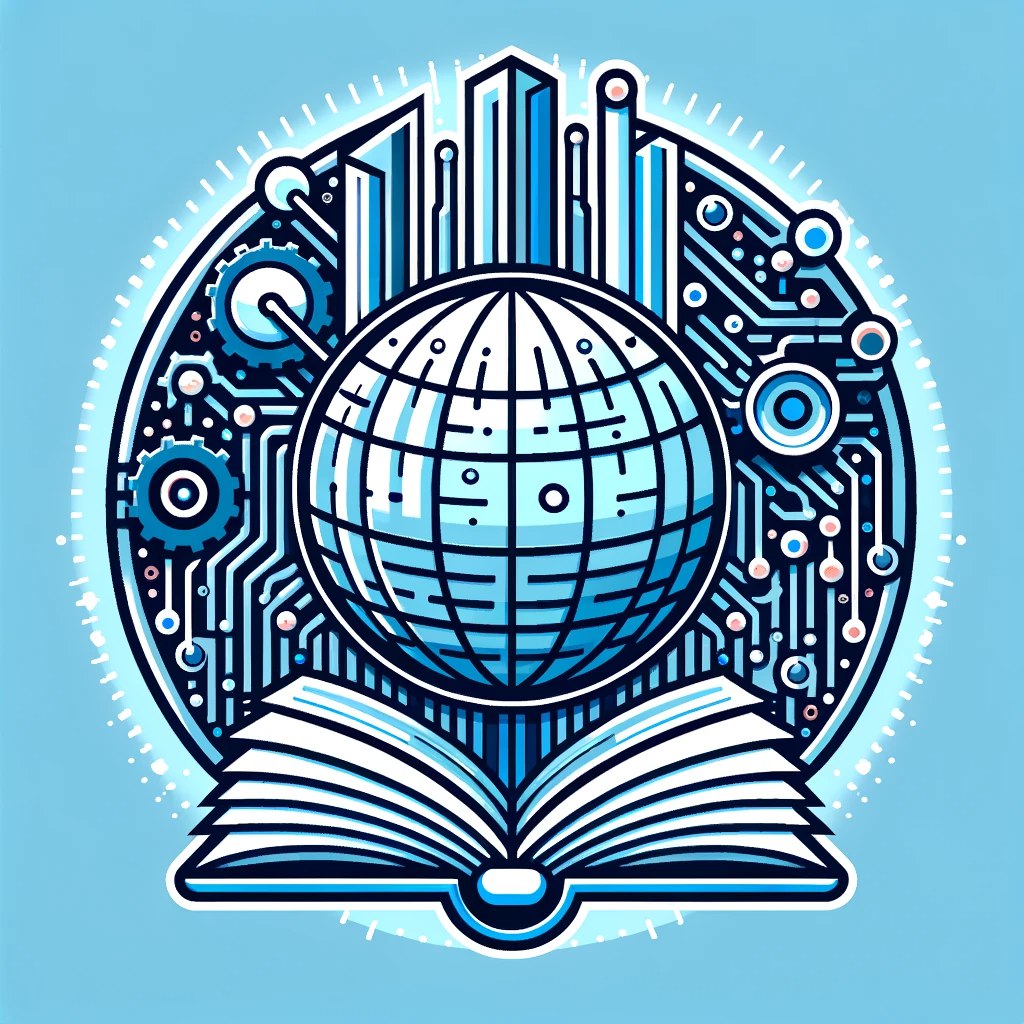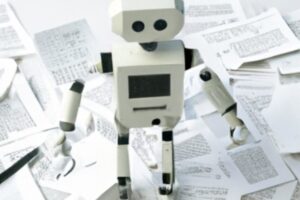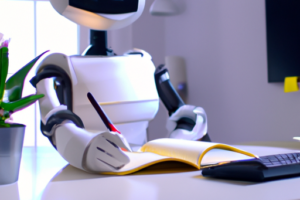
The history of artificial intelligence
Artificial intelligence (AI) is a branch of computer science that deals with the development of intelligent computers that can think and act like humans. AI is a large field that encompasses many different disciplines, such as machine learning, natural language processing, computer vision, robotics, and logistics.
The birth of AI
The idea of artificial intelligence originated in ancient Greece, when philosophers Plato and Aristotle discussed the possibility of creating intelligent machines. In the Middle Ages, the idea of AI was revived by Arab scientists who developed the first computers.
During the Renaissance, interest in AI declined again, but in the XIX century it was revived by the development of mathematics and logic. During this period, the first artificial intelligence algorithms were developed, such as Dijkstra’s algorithm for finding the shortest path and Pascal’s algorithm for solving linear programming problems.
AI development in the XX century
In the XX century, AI began to develop rapidly due to the advancement of computer technologies. In the 1950s, the first computer programs that could play chess and other intellectual games were developed. In the 1960s, the first artificial intelligence systems that could imitate human thinking were developed, such as the ELIZA system, which could have conversations with people.
In the 1970s, AI development slowed down due to a lack of computing resources. However, in the 1980s, AI development resumed due to the development of neural networks. Neural networks are a type of artificial neural network that mimics the human brain.
AI development in the XXI century
In the 21st century, the development of AI has accelerated due to the rise of big data and machine learning. Big data is a huge set of data that can be used to train machine models. Machine learning is an AI method that allows machines to learn from data without explicit programming.
AI is currently used in a wide variety of industries, including medicine, finance, manufacturing, production, transportation, education, and entertainment. AI is used to diagnose diseases, detect fraud, automate production, self-driving cars, and create new art forms.
AI’s impact on the world
AI is having an ever-increasing impact on the world. AI is being used to increase efficiency, reduce costs, and improve the quality of life. AI is also being used to create new products and services that can change our lives.
AI can have a positive impact on the world by helping us solve some of humanity’s most pressing problems, such as disease, poverty, and climate change. However, AI can also have a negative impact on the world, for example, by leading to job losses and increased inequality.
The impact of AI on business
AI is already having a significant impact on business. AI is being used to automate tasks, improve decision-making, and create new products and services. AI can help businesses increase efficiency, reduce costs, and improve the quality of products or services. For example, AI is used to automate tasks such as order processing, inventory management, and customer service. AI is also used to make decisions about marketing, sales, and production.
AI is also being used to create new products and services that can transform businesses. For example, AI is used to develop self-driving cars, virtual assistants, and personalized recommendations.
The future of AI
AI will continue to evolve in the future. AI will become more powerful and accessible, leading to its wider use in various industries. AI will have an even greater impact on the world in the future. AI can help us solve some of humanity’s most pressing problems, such as disease, poverty, and climate change. AI can also help us create a more equitable and sustainable society.
In addition to the above points, the following can be noted:
AI can be used to develop new forms of weapons, which can lead to increased violence and destruction.
AI can be used to create fake news and disinformation, which can affect democracy and public opinion.
AI can be used to monitor people, which can limit their freedom.
It is important to consider these risks when developing and using AI. We should strive to ensure that AI is used for the benefit of humanity, not for its destruction.
Conclusion.
AI is a powerful technology that has the potential to change the world for better or for worse. We must carefully consider the implications of AI development and take steps to ensure that it is used for the benefit of humanity.


